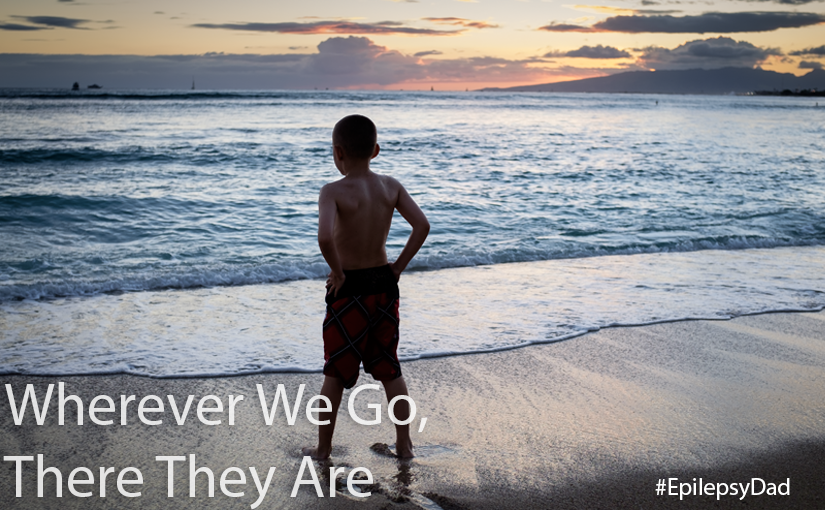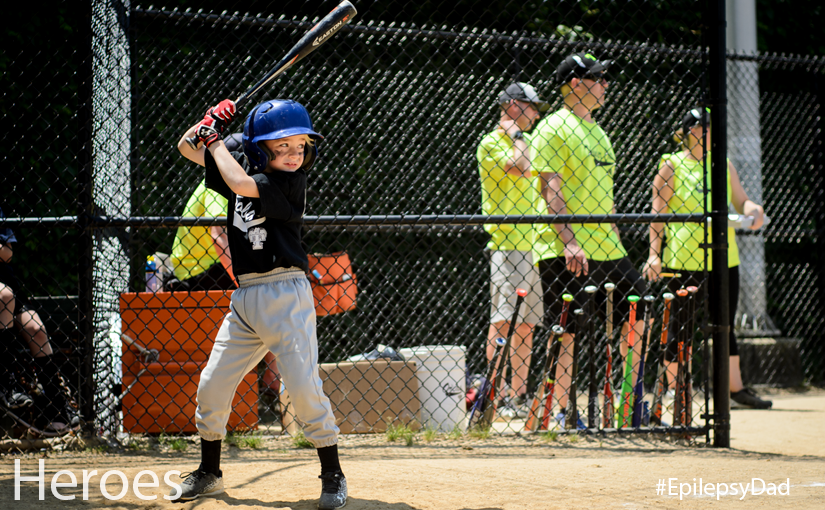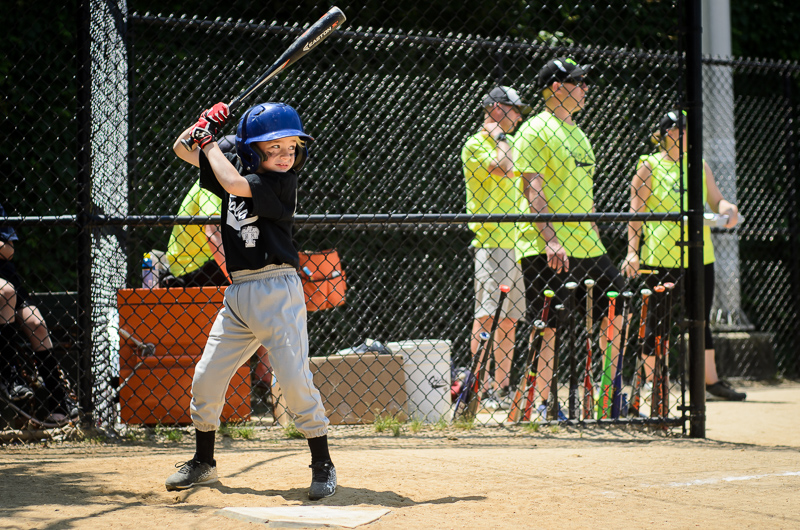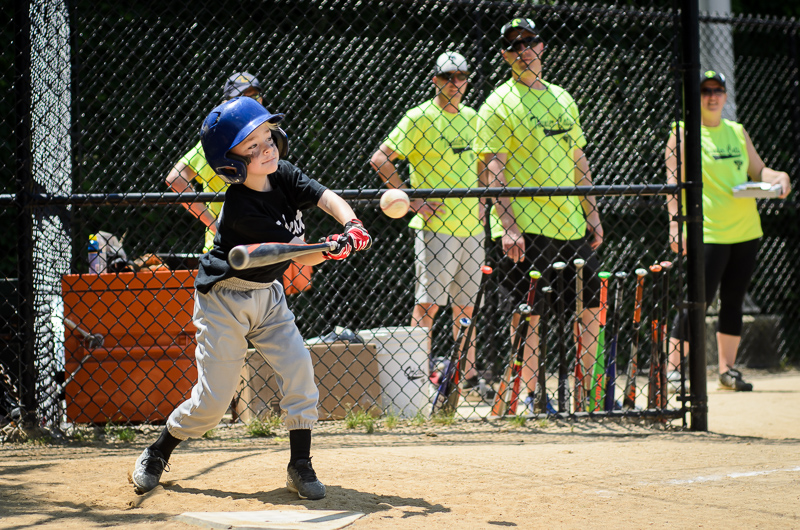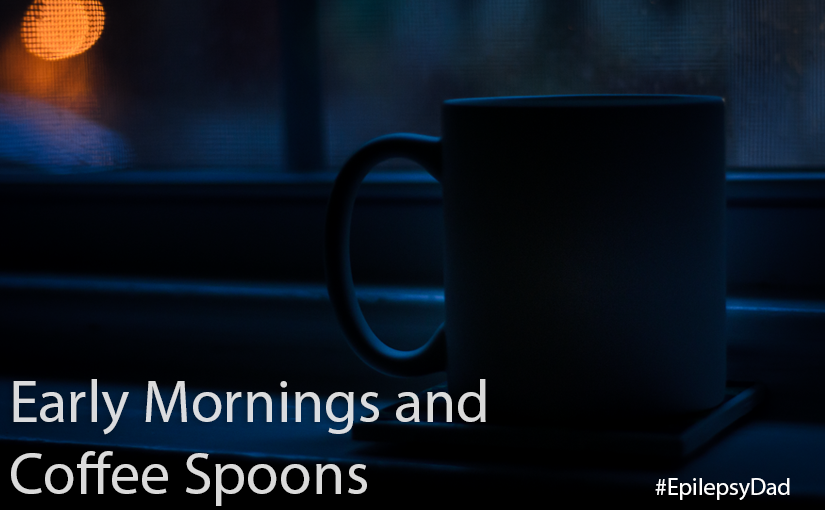Whenever we go to a new place, in the back of my mind I want that place to change my life. It seems like a tall order, which may be why it hasn’t happened yet. I want to go to a place and be so inspired that I start writing that book that I’ve been thinking about. I want to leave a place a better person, having a better relationship with the people in my life. But mostly, I want to go to a place where my son doesn’t have any seizures.
My son didn’t show any signs of having epilepsy until we moved to Philadelphia. I was only partially joking with the doctors when I asked them if it could be Philly causing his seizures. The first time we went back to Colorado, I was ready to move back if he was seizure-free during the trip. But he wasn’t. I had the same thought when we visited Florida. Maybe Colorado was at too high of an elevation and he needed an ocean breeze. But he had seizures in Florida, too. And in New York. And in California. Wherever we went, there they were.
Even so, when I stepped off the plane in Hawaii, I had that same thought. That maybe this was going to be the place where my son would be seizure-free. If it was going to be any place, Hawaii wouldn’t be terrible. Before we even picked up our bags, I convinced myself we could make it work. I could find a job, even if it meant working remotely. I was sure the children’s hospitals would be fine, and we could make regular trips back to the mainland for care. But we wouldn’t need to, because he wouldn’t be having seizures. It was the perfect plan. Until it wasn’t.
In our first early morning in paradise, the sound worse than every other sound filled the hotel room. His seizures had found us. Across the continent, across the ocean, to an island in the middle of the Pacific. In a place we’ve never been before, hidden from the world. Wherever we go, there they are.
In a way, I was grateful that the seizure came quickly because it lifted the pressure that I had put on our vacation. The longer I carry that pressure, the less present I am and the more I miss of our life. But instead of worrying about that seizure around the corner, it had already come.
It was freeing.
It allowed me to focus on having an amazing vacation with my family in spite of our stowaway. It allowed me to be present and to be grateful for the moments that we have. I saw the beauty of the island. I saw the smile on my son’s face. It reminded me that it’s not a destination that is going to change my life. It’s that feeling that I get when I see his smile that makes my life better every day.

